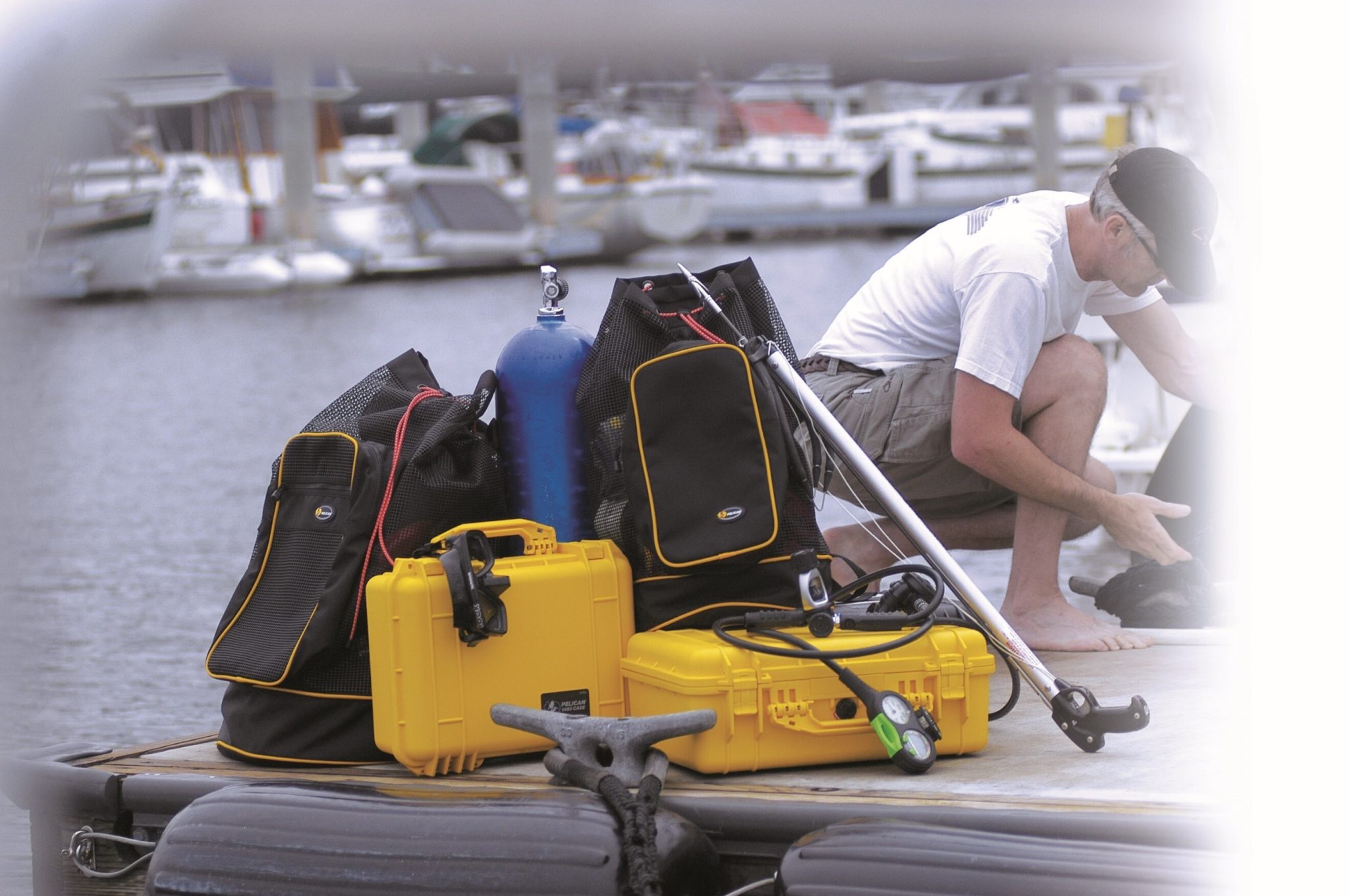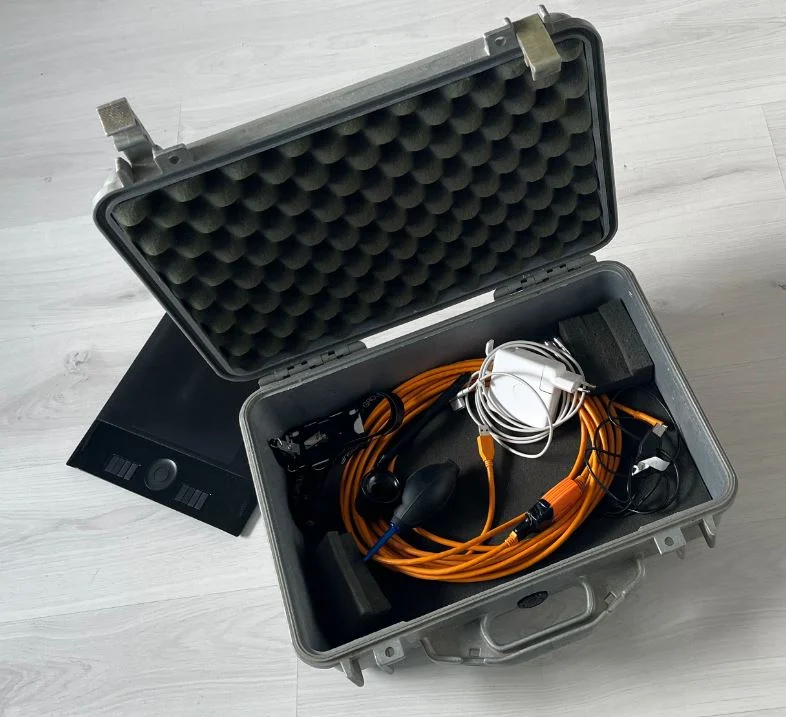For boaters, water is life — but it’s also a silent threat to your most valuable equipment. Salt air, humidity, splashes, and submersion all conspire to corrode metal, fry electronics, and degrade tools. If you’ve ever opened a case to find rusted latches or a soaked cable bag, you know the stress it causes.
Thankfully, modern protective cases offer powerful defence against the marine elements — when you choose the right ones.

What gear is most at risk from water damage?
In marine environments, the most vulnerable items include:
- Cameras and drones
- Marine radios and GPS units
- Dive computers and lights
- Tools with metal components
- Emergency electronics and batteries
Even rugged-looking gear can fall victim to moisture damage, especially in humid or salt-laden air.
How do waterproof cases fight moisture and corrosion?
Truly waterproof cases use a combination of seals, pressure valves, and impact-resistant materials to create an impenetrable barrier. Look for:
- O-ring seals that maintain watertight closure
- Automatic pressure equalisation valves that prevent vacuum lock
- Reinforced hinges and corrosion-resistant hardware
Together, these protect your gear from not just splashes, but full immersion and salt exposure.
Are all “waterproof” cases suitable for boating?
Not all waterproof claims are equal. The gold standard is an IP67 rating, which means the case is:
- Dust-tight
- Waterproof to 1 metre for 30 minutes
This rating ensures cases can be dropped, splashed, or even submerged without compromising protection — ideal for boating, kayaking, and watersports of all kinds.
Can cases protect electronics over time?
Yes — but only with the right interior setup. To extend protection:
- Use desiccant packs or moisture-absorbing inserts
- Choose cases with non-corrosive interiors
- Avoid opening the case in wet or high-humidity conditions
- Store electronics in padded compartments or anti-static pouches inside the case
These details make a huge difference over long-term use in marine environments.
What features should boaters prioritise?
If you’re serious about protecting sensitive kit, make sure your case includes:
- An IP67 rating or higher
- Corrosion-proof latches and hinges
- Modular or padded interior options
- Lightweight, stackable design for easy stowing
For marine-grade defence, explore cases designed to resist the most unforgiving elements at PELI . Because when your gear is everything, corrosion isn’t just an inconvenience — it’s the enemy.






